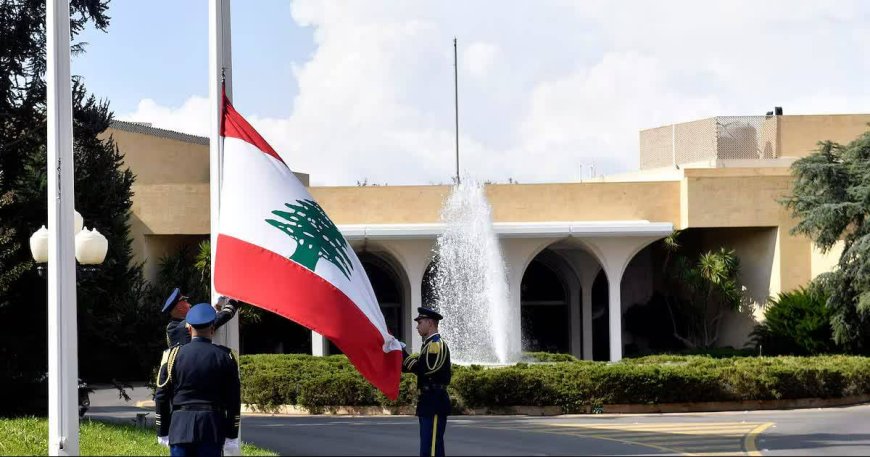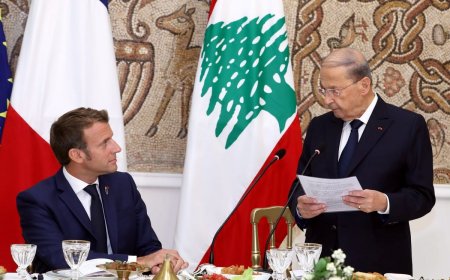Lebanon’s Complex Ethno-Demographic Landscape and the Lingering Presidential Vacuum
Lebanon stands out as one of the most ethnically diverse nations globally, with a tapestry of eighteen official clans and ethnicities shaping its societal fabric. The specter of sectarianism looms large as the primary destabilizing force within the country. The intricate tribal political structure and the unproductive economic framework that have persisted since Lebanon's inception, exacerbated by the Taif Agreement post-civil war, have engendered a crisis. Analysts widely agree that these systems have failed to effectively govern the political and economic landscape of the nation.

Presently, Lebanon finds itself teetering on the brink of peril due to a confluence of political and economic tribulations. The prolonged void in the Lebanese presidency, amidst relentless pressures from political factions, has entangled the process of electing a new head of state. The impasse necessitates a pivotal shift in internal dynamics or a consensus to navigate the convoluted path towards a presidential election.
According to Lebanese consistution, presidential contenders must secure two-thirds of the 128-member parliament's affirmative votes in the initial round of balloting. The elusive attainment of this threshold has thwarted all attempts at electing a president, plunging Lebanon into a protracted crisis.
The flawed mechanism governing presidential elections in Lebanon poses a formidable obstacle to consensus-building. Recent years have witnessed a contentious struggle to sustain governmental functionality, with the distribution of ministerial portfolios emerging as a contentious issue. The entrenched tribal divisions within Lebanon's political milieu further complicate the formation of a cohesive government.
Foreign intervention looms large in Lebanon's political landscape, with external actors such as Saudi Arabia, France, and the United States exerting significant influence. Their divergent agendas in selecting a presidential candidate have exacerbated tensions among local factions, fueling discord and impeding the resolution of the presidential election impasse.
The specter of a severe economic downturn, compounded by punitive U.S. sanctions and allegiances to Washington among Lebanese officials, has plunged Lebanon into an unprecedented crisis. To weather these turbulent times, unity among Lebanese factions is imperative. Electing a consensus-driven leader is crucial to steering the nation through the challenges ahead, including the repercussions of the Gaza conflict. Failure to unite and form a cohesive government risks plunging Lebanon into renewed internal strife, underscoring the urgent need for concerted action to safeguard the nation's stability and prosperity.













































